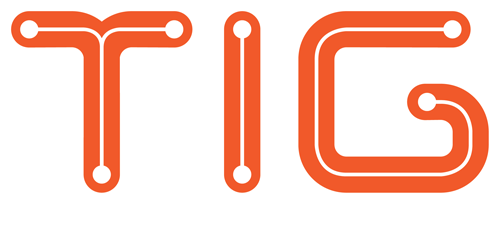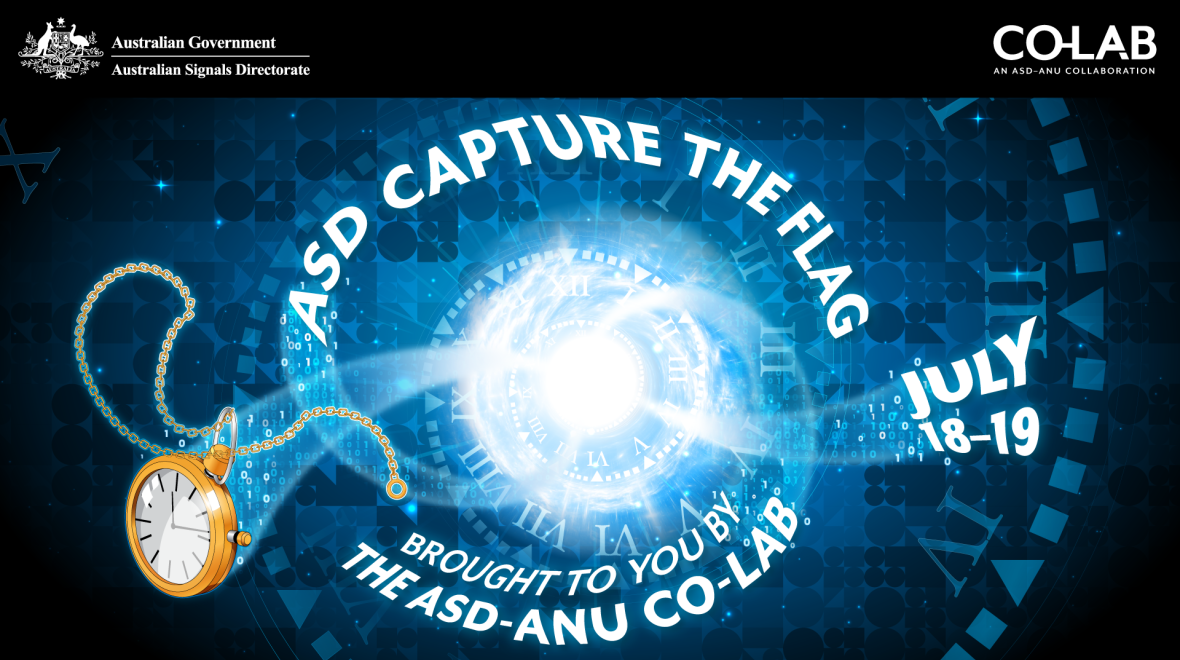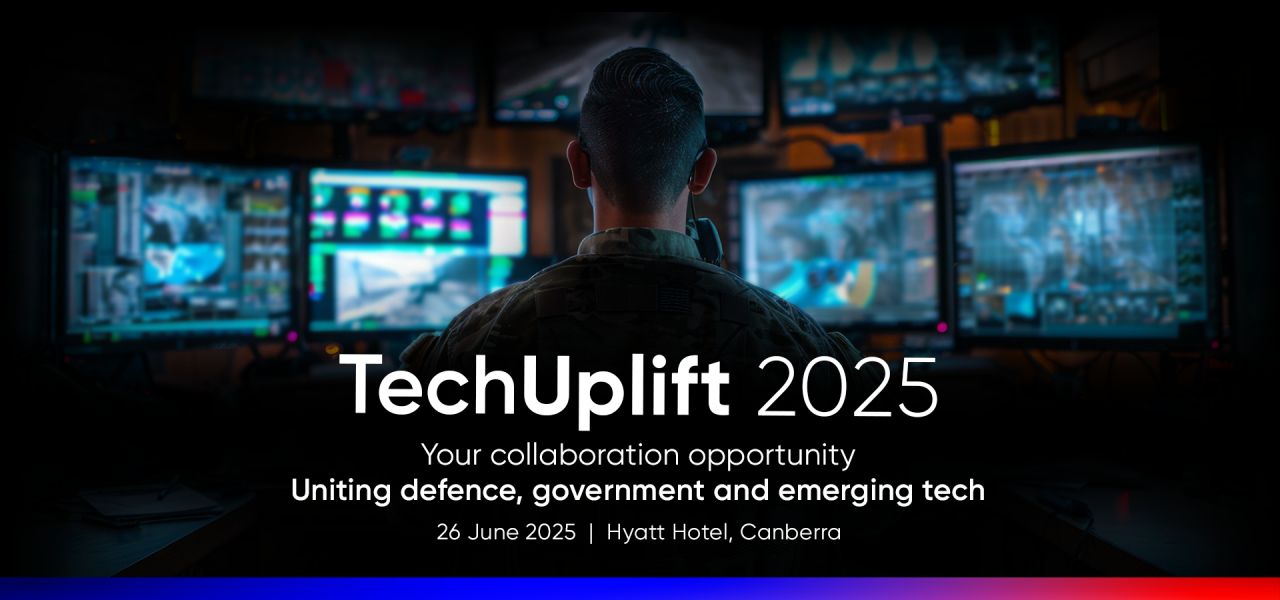Monday, June 30, 2025
Tech in Government Canberra
Friday, June 27, 2025
Wine Culture & Psychological Health for College Students
In processing international student's applications for credit I realise how limited the choices the average Australian university student has. Can they study "Wine Culture & Appreciation", scuba diving, poetry, or flower arranging, as part of their degree? Another course which might be applicable more widely is "Psychological Health Education for College Students".
Thursday, June 26, 2025
Australian Cyber Resilience in a High Threat World Learning from Estonia
Greetings from Australian Computer Society's TechUplift 2025. At the Hyatt Hotel Canberra. Next to me is the first speaker, Ms Kersti Eesmaa, former Estonian ambassador. She is now working for Vertical Scope Group, a Canberra security company. I first met Kersti, as the ambassador in 2021, speaking on digital Estonia. As she pointed out today, by building a new nation based on digital technology they were able to create efficiency, but create a target for attack by nation states.
Over the last few years, Australian National University hosted a series of talks by small european states under threat, or in the case of Ukraine under direct attack. This may not seem relevant to Australia, but out online systems are under constant online attack. Ms Eesmaa described Estonia's industry security vetting system, which allows staff from those companies to more easily assist the government when needed. This is something perhaps Australia should adopt. Another suggestion was exercises with industry involvement. As a defence civilian employee I have been involved in defence exercises, but while these included personnel from allied countries, the only industry involved were contracted companies providing services. The ACS has run some hackathons for the Australian and NZ defence forces, and ANU has run simulations for students with support of security agencies (I mentored teams). This format could be used to include industry at low cost.
Tuesday, June 24, 2025
At-risk Student Management Trial Got Students to Withdraw Before they Failed But Not Engage
The Australian Centre for Student Equity and Success (ACSES) has reported on a randomised trial of techniques to help at-risk student management (AARSM). In the trail students who did not interact much with a course learning management system were identified: some were offered help, others not. The trial found that the students with intervention were more likely to withdraw early from the course and thus not be recorded as a fail, but were no more likely to pass the course than those who were not offered help. This result doesn't surprise me, as it is in line with my experience teaching. What does concern me is that the intervention mentioned I had assumed would be part of standard course design and teaching, not anything special.
The way I have designed courses is to have a small assessed task each week. In the first few weeks the instructors notes say to check which students failed the task and in particular which did not attempt it. Each such student can then be sent a message asking if they need help and pointing out where they can get it. After a few weeks students can be identified as at risk and referred to the relevant person for action. Using this approach, I find students rarely fail, as students who are having difficulty early on either have their problem addressed, or withdraw.
It doesn't surprise me that few students are helped by intervention, as their problems are, in the main, beyond of the scope of the educational institution to help with. However, even just nudging students to withdraw before they fail can at least avoid making their problems worse.
Cyber security industry
Greetings from Launch on Northbourne, UNSW's startup centre in Canberra. They are hosting a Canberra Cyber Hub panel on research collaborations with industry. Andrew Muller from Ionize represents industry and Professor Debi Ashenden academia. The panel emphasized relationship over a transactional arrangement. The different speeds of industry and academia are also an issue. The chair is Melissa Larkins, from Canberra Cyber Hub.
Friday, June 20, 2025
WIL Based Industry Pograms?
AI and Work Integrated Learning
Bonnie pointed out surveys which show most students see AI as useful, but worry about being accused of cheating, but don't get support from the university in how to use it. As AI is new and novel I can see the need for specific training, both for staff and students, about it. After a few years this will just be integrated into basic training for students. Particularly for WIL is important for students to get this extra training now. As an example, students need to have it explicitly explained that public tools retain the information they enter, so they should not include anything sensitive, private.
Wednesday, June 18, 2025
Study Australia Industry Experience Program (SAIEP)
The Australian Government sponsors a Study Australia Industry Experience Program (SAIEP), delivered by industry partners. This is for international students studying in Australia. Practera offer businesses teams of 5 to 6 students working on a project. This is the same format commonly used by universities internally on student group projects, except that the emphasis is on completing the tasks online and students receive a certificate of completion, rather than a grade.
Hacking AI for Assessment or Hacking Assessment for AI?
For the last few years I have been attending conferences, workshops and symposia on AI and education. Assuming I am convinced of the importance of this, where do I learn to use it for teaching? Can I sign up for a formal postgraduate university program in this, as I did to learn teaching and assessment? I did a quick search and neither of the institutions I got my most recent two qualifications in education were offering courses in AI for teaching (they did offer AI courses for computing students). There are some vocational education, but mostly for computer game development, some for business, none for education. I tried searching my friendly local TAFE, but "artificial intelligence" only comes up in the academic misconduct policy.
Course Title:
Artificial Intelligence for Education
Course Level:
Graduate (Professional Development / Postgraduate Coursework)
Target Audience:
University academics, educational technologists, learning designers, and administrators in Australian higher education institutions.
Course Duration:
12 weeks (can be adapted to 6-week intensive format)
Delivery Mode:
Blended (Online + Optional In-Person Workshops)
Course Description:
This course equips university academics with a deep understanding of artificial intelligence (AI) and its transformative role in higher education. Participants will explore current and emerging AI technologies, pedagogical opportunities and risks, ethical considerations, policy implications, and practical strategies for integrating AI tools into learning, teaching, and assessment. Special emphasis is placed on the Australian higher education context, including alignment with TEQSA and national education policy frameworks.
Learning Outcomes:
By the end of the course, participants will be able to:
-
Explain foundational concepts and types of AI relevant to education.
-
Evaluate current AI applications in teaching, learning, and assessment.
-
Design AI-enhanced learning activities and assessments.
-
Critically assess ethical, legal, and social implications of AI use in education.
-
Interpret Australian higher education policy in relation to AI implementation.
-
Demonstrate leadership in responsible and innovative AI adoption at the institutional level.
Weekly Topics Overview:
Module 1: Foundations of AI in Education (Week 1–2)
-
Introduction to AI, machine learning, natural language processing, generative AI.
-
History and evolution of AI in education.
-
Overview of current tools (e.g. ChatGPT, Copilot, AI tutors, predictive analytics).
-
Case studies from Australian and global universities.
Module 2: AI in Learning and Teaching (Week 3–4)
-
AI-supported personalised learning and adaptive systems.
-
Intelligent tutoring systems and learning analytics.
-
AI in online, blended, and face-to-face modalities.
-
Impacts on curriculum design and academic roles.
Module 3: AI in Assessment and Academic Integrity (Week 5–6)
-
Automated grading, feedback generation, and formative assessment.
-
Designing AI-resilient and AI-enhanced assessments.
-
Addressing academic integrity, contract cheating, and detection tools (e.g. Turnitin AI detectors).
-
TEQSA guidance and institutional policies.
Module 4: Ethical and Societal Considerations (Week 7–8)
-
AI bias, transparency, explainability, and fairness.
-
Privacy, surveillance, and data protection (incl. Australian privacy laws).
-
Inclusion, accessibility, and equity in AI adoption.
-
Frameworks (e.g. UNESCO AI ethics, Australian AI Ethics Principles).
Module 5: Policy, Governance, and Strategic Leadership (Week 9–10)
-
Institutional AI strategies in higher education.
-
TEQSA, AQF, and other regulatory frameworks.
-
Developing policies for AI governance in teaching and learning.
-
Risk management and future-proofing universities.
Module 6: Capstone Project and Futures Thinking (Week 11–12)
-
Scenario planning: the future of AI in higher education.
-
Capstone: Propose a strategy, curriculum redesign, or policy for AI integration in your institution.
-
Peer review and reflection.
-
Pathways for ongoing development and institutional leadership.
Assessment Tasks:
-
AI Tool Evaluation Report (20%)
Review and critically evaluate an AI tool relevant to teaching or assessment. -
Discussion Journal (20%)
Weekly reflections and engagement with peers on ethical, pedagogical, and technical issues. -
Case Study Analysis (20%)
Analyse a real-world use of AI in higher education, including risks, benefits, and improvements. -
Capstone Project (40%)
Develop a detailed proposal for implementing or evaluating AI in your teaching or institutional context, aligned with regulatory and ethical frameworks.
Learning Methods:
-
Weekly asynchronous modules (videos, readings, quizzes)
-
Interactive webinars with AI and education experts
-
Collaborative projects and case-based learning
-
Hands-on experimentation with AI tools (e.g. ChatGPT, Copilot, Perplexity, LMS-integrated AI)
-
Online community of practice
Recommended Readings & Resources:
-
Luckin, R. (2018). Machine Learning and Human Intelligence.
-
Selwyn, N. (2021). Should Robots Replace Teachers?
-
TEQSA & DET Reports on AI in Higher Education (Australia)
-
UNESCO and OECD Guidelines on AI and Education
-
OpenAI and Microsoft Copilot documentation
Optional Workshops (In-person or Online):
-
“Designing Assessments in the Age of AI”
-
“AI for Learning Designers and Educational Developers”
-
“Ethics and Policy Roundtables: Creating AI Governance Models”
Monday, June 16, 2025
TechUplift25: Empowering Cyber Security through AI-driven Capability
Thursday, June 12, 2025
Will AI Cause Universities to Have Trained Teachers?
Greetings from day 2 of "The Evolving University" stream of EDUtech Australia 2025 at the Sydney Convention Center. Associate Professor Rachel Fitzgerald, Deputy Associate Dean (Academic) UQ pointed out that academics who teach are mostly not trained teachers. What I hope she would say next was "here is how we can get them trained and qualified". Instead she talked about AI. Unlike most of my colleagues I have been trained to teach. But then Professor Fitzgerald pivoted to the %PACK teaching techniques. As I understand it, the idea is to offer teacher training as a response to concern over AI. It is a clever idea, but perhaps not sustainable. Without compulsion I am not sure universities will put the resources into staff qualified to teach.
International Education and the Australian Economy
Wednesday, June 11, 2025
International Higher Education and Technology
Greetings from the "The Evolving University" stream of EDUtech Australia 2025 at the Sydney Convention Center. This is my first chance to blog something as I have been charing the event all afternoon. May of the sessions have been on AI, with criticism of AI detectors and of hose wanting to pretend it doesn't exist. We are ending on a positive note on teaching students to use AI and other tech to be better workers. COVID-19 got only one mention, as something which prompted adoption of online learning.
Educating Computer Professionals
 |
| Tom Worthington with the ACS Team at Edutech AU 2025 |
Sunday, June 8, 2025
The University Evolving in Sydney This Week
I am delighted to be chairing "The Evolving University", at the Sydney Convention Center on Tuesday. This is the Higher Education stream of EDUtech Australia 2025. Here is the program (there are plenaries with the other streams before this):
Understanding authentic assessment and how it applies to digital learning
- Prof Kevin Ashford-Rowe, Pro Vice-Chancellor (Learning and Teaching), Queensland University of Technology
Heads we win, tails you lose: AI detectors in education
- Mark Bassett, Director, Academic Quality, Standards and Integrity, Charles Sturt University
Creating a more digitally enabled University,
- Cherie Diaz, Executive Director, Education Innovation, Western Sydney University
- Lynnae Venaruzzo, Head, Technology Enabled Learning, Western Sydney University
Capabilities of AI in the context of contemporary learning, teaching and assessment
- Danny Liu, Professor of Educational Technologies, The University of Sydney
Cheating ourselves: Higher ed’s missteps with Generative AI
- Lew Ludwig, Director, Teaching Center, Denison University
Grounding AI in learning theory
- Craig Sims, Academic lead: Digital Pedagogies, Curtin University
PANEL - International education and edtech ecosystems for higher education
- Moderator: Mark Greentree, Executive Director, Technology Enablement, NSW Department of Education
- Harneet Singh, The Lion Founder and Chief AI Officer, Rabbitt AI
- Zuraidah Ismail, Director, Pusat PERMATA Kurnia (Ministry of Education)
- Dr Geri Harris, Business Undergraduate Programme Director, Auckland University of Technology (AUT)









